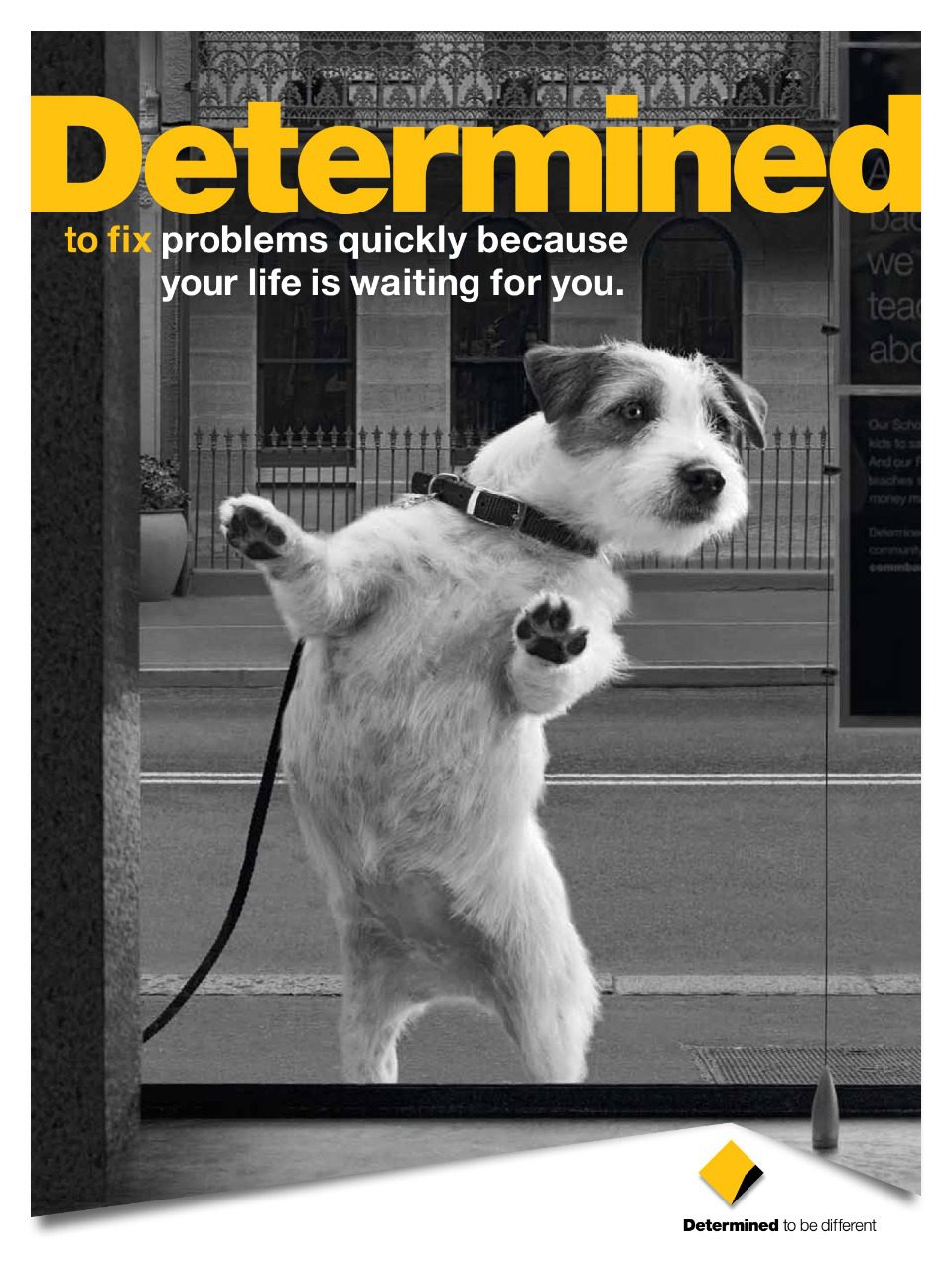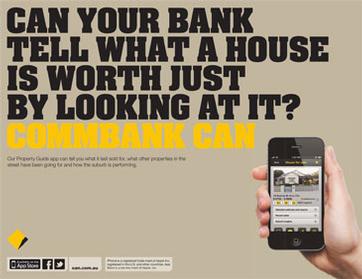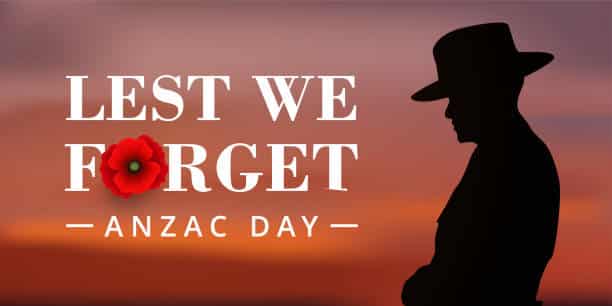CHRIS MINNS MP
NSW LABOR LEADER
STEVE KAMPER MP
NSW SHADOW MINISTER FOR SMALL BUSINESS
MICHELLE ROWLAND MP
FEDERAL MEMBER FOR GREENWAY
MICHELLE ROWLAND: Good afternoon. I’m Michelle Rowland, the Federal Member for Greenway and I’m delighted to be here in Riverstone this afternoon, following the federal election on Saturday, and at Sam’s Gourmet Cafe no less. A big thank you to the good people of Greenway for re electing me on Saturday. It’s a tremendous honour but also an immense responsibility. I’m delighted to be joined here today by NSW Labor Leader Chris Minns, and Labor’s Small Business spokesperson Steve Kamper. Chris is no stranger to the northwest of Sydney, in particular Riverstone. He understands the challenges that this community will face over the next two decades, as the population is set to grow by some 300 per cent. And Steve is no stranger either. During lockdown, Steve participated in a number of forums online, assisting local small businesses to understand the myriad issues that were being faced, what sort of support could be accessed and personally providing his services. He of course, has a background in small business that is unmatched. And it was so generous of him to do so and to assist so many of our great local small businesses here in Riverstone. So without further ado, I’ll hand over to Chris Minns, and thank him very much for coming along with Steve today.
CHRIS MINNS: Thanks so much, Michelle. Thanks for being here too Stevie and thanks so much to Sam for letting us invade her coffee shop to understand the businesses out here in Sydney’s northwest and thanks to Maya as well for the wonderful coffees and Sandra and we’ll let you get a shop back very, very soon. Look, it’s great to be out here with Michelle, who’s obviously just been re elected in the seat of Greenway, but a huge job ahead of not just the NSW Opposition and the NSW Government but the newly elected Albanese Government in Canberra. All of us need to pull together to deal with the rising cost of living for communities, businesses and families right across Sydney. I want to talk a little bit about electricity prices today, businesses in Sydney can expect an increase in their electricity bills from between $690 and $1,100 in the next 12 months. For families it will go up between $100 – $300 for the typical family electricity bill in the next 12 months. Now that comes off the back of increases in mortgages, petrol, food, fresh food, hospital care, rents, and of course housing. All of them are going up in double digit numbers in addition to tolls, taxes, fees and fines or charges from the NSW Government. In fact, we can expect tolls to increase by on average four per cent each year every year for the next 20 years, unless inflation is higher than four per cent, in which case the tolls will jump higher than that. So everything is going up for businesses and families right across Australia. But in particular, in Western Sydney. We need to make sure a rebate is distributed by the NSW Government to families and businesses right across the state. Queensland has just done it. We now know electricity prices are going to jump significantly. These businesses can’t expect to do it on their own. They’re going to need help from the NSW Government because these input costs can cripple their businesses. When you consider everything else they have to pay right out of their back pocket. When you’ve got petrol going up significantly by 33 per cent. When you’ve got interest rates going up potentially four times over the next 12 months, when you have rents going up at 20 per cent. When you have fresh food going up at 13 to 15 per cent over the next 12 months. And CPI inflation is on track for a 6.8 per cent increase over the next 12 months, it is crippling for businesses like this one in northwest Sydney, they’re going to need help from the NSW Government. It’s also a reminder that when the government says that electricity prices will drop, there are other input costs that are associated with the price of electricity that can hit a business like Sam’s particularly hard. The NSW Treasurer and Premier need to address this when they released the budget in a few short weeks’ time.
Look, on the other issue today, ambulance paramedics times, it’s been revealed, as part of the latest information drop from the NSW Department of Health that the average waiting time for priority cases is now equal to the longest period of time that anybody has waited for the past decade. So people are waiting longer than ever to be seen by an ambulance. And they’re waiting extra long before they’re admitted to a hospital emergency department to see a doctor and potentially have life saving treatment. And I want to say this to the people of New South Wales: do not blame paramedics, do not blame frontline service workers. They are doing their best in incredibly difficult sets of circumstances, they need the NSW Government to come to the table and supply the operating budgets, the resources and the staffing to make their life easier and to ensure that the residents, particularly of Western Sydney have access to life saving treatment, and life saving ambulance care in a shorter period of time as possible. The last thing we should be doing is blaming paramedics who after all, were the heroes of the pandemic and got us through an extremely difficult set of circumstances.
STEVE KAMPER: Well, it’s great to be here today, with Chris and especially Michelle, visiting Sam’s small business here. We did we did during the COVID lockdown spent a lot of time with the local community here and in terms of sorting out and help them through a very, very difficult process. But what we have today is another set of challenges. Another set of challenges for all small businesses across the state. And speaking to Sam and getting some feedback from Sam, there’s challenges with pricing, this cost of inputs are increasing rapidly everywhere. But there’s the consumer, the ability for the consumer to spend more or a greater amount has been minimised with it with all be increased cost of living pressures. So it’s an interesting challenges that we need to work through. And we need to get develop a full appreciation for what challenges small businesses are going through. So we can assist in helping them move forward, just like we did in the past. But as I said, it was an absolute pleasure to be here. And I’m especially with our wonderful Michelle Rowland. And congratulations for the way she’s looked after our community historically. And I’m sure we’ll continue to do so well in the future. Thanks.
MINNS: We’re all happy to take questions.
JOURNALIST: What would a rebate look like [inaudible]?
MINNS: Yeah, absolutely Eddy, look I’d urge the NSW Government to follow Queensland’s lead, look at an energy rebate for consumers in New South Wales. We know that there are energy rebates available via the Service NSW app. We also know they’re historically undersubscribed, so either it’s too difficult or too cumbersome for millions of families to access those energy rebates, and as a result, they’re not getting access to lowering the cost of their electricity prices. So Queensland has gone out and done it today, on the same day that it’s been announced that we can expect a significant increase in electricity prices. But this is a reminder, most parts of the family budget and business expenses are on the way up. We are en route for a cost of living crisis right across New South Wales, governments need to do everything possible to lower the cost of living, because inflation burns a hole in the back pocket of millions of families. And we need the government to start listening to them.
JOURNALIST: So on the ambulance and hospital front, the Premier was out today unveiling the new Campbelltown hospital. Fantastic. What should be coming first, bricks and mortar or the staff to actually service the health system?
MINNS: Yeah, look I’m going to congratulate the government on building the new hospital. But I just make the point, brand new wards, brand new operating theatres aren’t worth much if they’re not operating. And they’re not going to operate unless we get the staff and resources into these hospitals to make sure that our patients and the people of New South Wales get life saving care. That’s the big challenge for the NSW Government. I’m aware that it’s a difficult problem to solve. But we need to start looking at the operating side of the budget and make sure that we’re resourcing particularly Western Sydney hospitals because the statistics indicate that those that live in regional New South Wales and Western Sydney are getting not as good as service – a level of service as you do in the Eastern Suburbs or the CBD.
So on the nursing side, there’s a there’s a clear pandemic impact there in terms of people coming into the country but on the paramedic side of things that’s that’s obviously hard to resolve isn’t it, how can we move forward [inaudible] a Health Minister today has appealed to people not to treat hospitals like GPs for instance.
MINNS: Yeah, yeah, we would support the Health Minister’s call for that. If you have a minor ailment and you would ordinarily go and see your local GP, we would urge you to do that, that’s easy to do in a place like Sydney, it’s extremely difficult to do in regional New South Wales. The constant feedback that we get when we travelled to regional New South Wales is the GP lists are full, the hospital waiting times in emergency is full. And if we need urgent medical care, it’s extremely difficult to get so I’m not suggesting these things are easy to fix. But we need to start making a dent on the operating and resourcing side of the health budget. I don’t know whether it can be solved immediately or in the short run. But I know that if we keep putting these problems off, when we have flu season in 2022, 2023, 2024, we’re going to encounter the same problems. The government’s got to switch and make sure that when they’re building the infrastructure, particularly for Western Sydney, the resourcing the is there so that the people of Sydney could get life saving care.


















